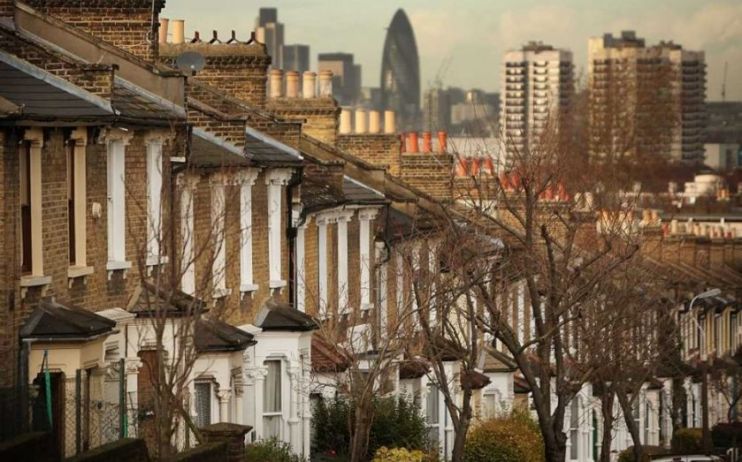Joseph Rowntree Foundation urges immediate support for low-income households amid deepening energy crisis

The Joseph Rowntree Foundation (JFR) is calling for immediate emergency payments for low-income households to alleviate the cost-of-living crisis with energy bills expected to rise by over 50 per cent in April.
According to new analysis from the foundation, soaring energy bills could take up more than half of household incomes when the consumer price cap is increased later this spring to potentially £2,000 per year for average use.
It reveals that adult households on low incomes could end up spending 54 per cent of their income on energy bills – after the consumer price cap is hiked in April, with expectations that market regulator Ofgem could increase annual bills for average use to £2,000 per year.
On average, low incomes will be spending on 18 per cent of their income after housing costs on energy bills after April, an increase of 21 percentage points since 2019/20.
Lone parents and couples without children will also suffer from price hikes this spring, spending around a quarter of their incomes on energy bills, an increase of almost 10 percentage points in the same period.
Joseph Rowntree analysis compares the household spend on gas and electricity bills of several different family types on low and middle incomes between 2019-20 and after the likely increase in April.
It suggests that while there is little difference between groups in terms of overall increases in bills, there would be huge variations in how each household group copes with the crisis.
The price hikes are particularly painful for low income households, with middle income groups by contrast spending on average six per cent of their incomes on energy bills, and no more than eight per cent for any family type considered.
The figures have been released alongside JRF’s state-of-the-nation report which warns that without additional support, people already in poverty will struggle to afford essentials.
Very deep poverty is defined as household income equivalent to or less than 40 per cent of the average income for their family type in the UK.
On average across all family types, a household in very deep poverty would have an income of £9,900 or less per year after housing costs, taxes and national insurance contributions are deducted although this varies by family type as shown in this table.
Katie Schmuecker deputy director of policy and partnerships at JRF said: “Rising energy prices will affect everyone, but our analysis shows they have the potential to devastate the budgets of families on the lowest incomes. The government cannot stand by and allow the rising cost of living to knock people off their feet.”
The government is currently mulling over potential options to alleviate the energy crisis, with The Treasury weighing up a potential loan to the energy sector to spread out costs for consumers and an expansion of the Warm Home Discount scheme.